How You Can Face the Challenges in The Agribusiness Market?
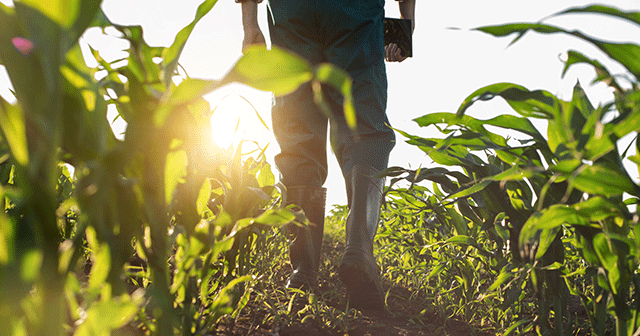
“Show me someone who has done something worthwhile, and I’ll show you someone who has overcome adversity.” With those words, Lou Holtz reframed the challenge of succeeding in life, but they also aptly describe the agribusiness sector.
Agriculture is an ancient and essential industry, and feeding the planet is undoubtedly a worthy endeavor.
As with any worthwhile venture, the agriculture industry faces significant challenges. Modern industry has solved many problems that plagued farmers in times past and, unfortunately, created others.
This post will explore the top three problems that you face and discuss possible solutions.
At DTN, our products provide you the tools to help producers make informed, data-driven decisions. We turn data into actionable insights, from keeping producers informed with our content services to providing weather intelligence. Simply put, our many tools give you the operational intelligence to keep growing.
Feeding a growing world
The population is increasing at a staggering rate. The United Nations projects that the world’s population will reach nine billion by 2050.
This growing population must be fed, and global agribusinesses face the daunting task of meeting this need. In fact, the UN reported that we will need to produce 70% more food in 2050 than we did in 2006.
Therefore, there is no allowance for waste when it comes to production. Every acre of land must be used, and producers must find ways to increase yields.
With growing demands, farmers cannot afford to have crop failures. Protecting fields from disease and pests is essential to a successful harvest, and producers need technologies to combat these threats.
Additionally, the increased prosperity in countries like India and China drives diet changes. More demand for eggs, beef and chickens means that more soybeans and corn must be grown.
How can you help your producers increase their yields? The answer lies in precision agriculture.
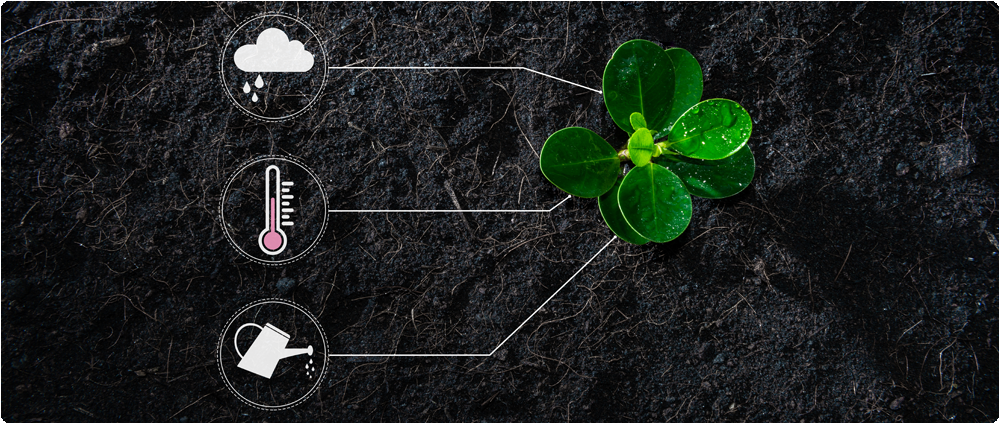
How precision agriculture can help
Precision agriculture describes the use of technology and data to make more informed decisions about production. It requires collecting comprehensive data about the field and then making adjustments in inputs such as fertilizer, water, and seed.
Precision agriculture can help farmers decide where to plant and how much fertilizer to use. In this way, producers can optimize their yields while preserving the environment.
The Purdue Center for Commercial Agriculture surveyed 800 commercial farmers about their data collection and technology adoption. Collecting and analyzing the results had a significantly positive impact on these farms. In fact, 72% report a positive yield impact from data-driven seeding rate decisions, 81% from fertilizer decisions and 85% from drainage decisions.
Providing income for farmers
At the end of the day, this is a business. The livelihoods of so many depend on its prosperity.
Hundreds of thousands of people are employed by the agriculture industry, not including those employed in the food supply chain. Farmers must be able to supply food at a fair price while also making a profit.
Achieving that kind of prosperity is not an easy task, as the cost of inputs continues to rise. We only need to look at the inflation of oil prices to see how inputs can quickly become more expensive.
How can you help your customers? By providing them with the tools that will ensure success and prosperity.
Farmers need products that will help them manage their resources, lower their waste, and increase their yields. As mentioned, precision agriculture is one way to do this. Precision ag products help farmers make more successful decisions about inputs, saving them money in the long run.
As well, producers need to stay informed of changing market conditions and be able to make quick decisions. From market data to futures prices, you need to provide your farmers with real-time information to stay ahead of the curve.
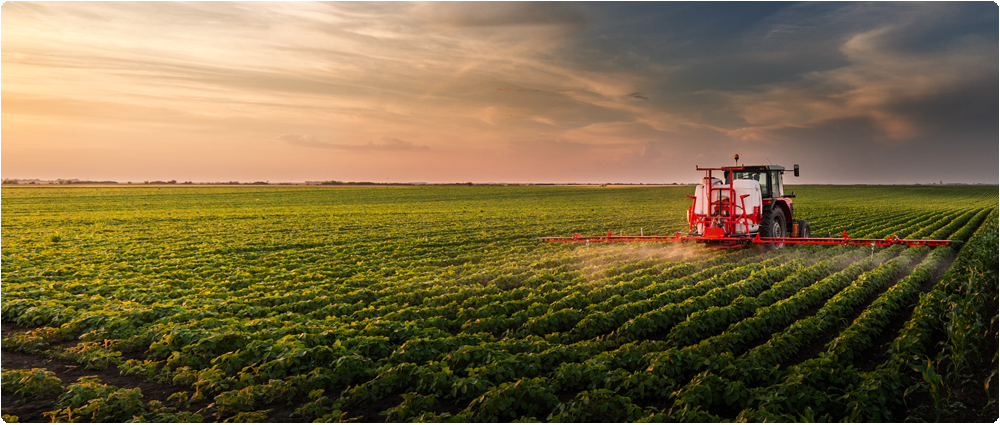
Impact on the environment
Agriculture’s use of natural resources is often scrutinized. The agribusiness industry is a significant consumer of water, and its production methods can considerably impact the environment. For example, agriculture is responsible for an estimated 11% of greenhouse gas emissions.
Additionally, the use of chemical inputs can harm the environment. Pesticides and herbicides can kill unintended targets, such as bees and other pollinators. Fertilizers can leech into groundwater and create algae blooms in waterways.
How can you help reduce your environmental impact?
There are many ways. For example, precision agriculture can help producers use inputs more efficiently, leading to less waste. As well, you are working to develop sustainable production methods.
Sustainability is an important issue facing the agriculture industry. It is good for the environment but also produces a healthier bottom line. Agribusinesses that adopt sustainable practices are more likely to succeed in the long run.
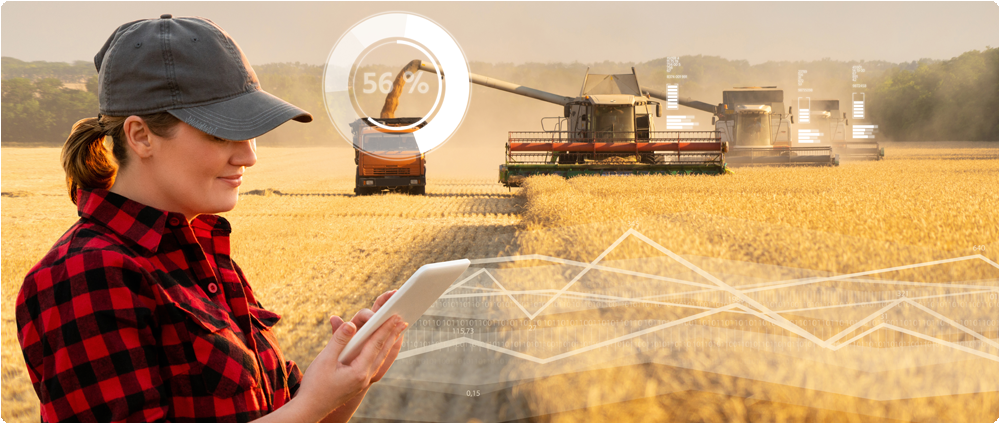
Challenges in facing these challenges
Facing these challenges comes with its own set of challenges. For example, you must find ways to provide information to farmers in a way that is easy to understand and use. They also need to develop affordable products and meet the needs of producers.
Technology is often seen as the solution to these challenges, which is why you are investing heavily in technology research and development.
However, not all technology is equally helpful, and you want to provide your customers with the highest quality of products.
DTN: Providing operational intelligence for the agribusiness market
DTN is a company that provides operational insights into the agriculture industry.
We work with professionals just like yourself to help them make objective, data-driven decisions that increase their prosperity.
Consider just one of our NEW tools: DTN Agronomy. It is a single, comprehensive solution designed to streamline operations. Instead of jumping between apps and websites, do it all in one place.
DTN Agronomy streamlines data collection, agronomic insights, and communications that support your business with with growers. DTN Agronomy transforms your information into insights off your plate so you can focus on what matters most: providing value to your customers.
Learn more about how you can raise the level of service that you provide your customers.

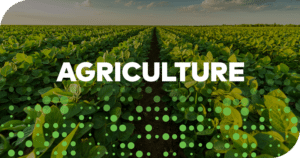








 Comprehensive weather insights help safeguard your operations and drive confident decisions to make everyday mining operations as safe and efficient as possible.
Comprehensive weather insights help safeguard your operations and drive confident decisions to make everyday mining operations as safe and efficient as possible.

